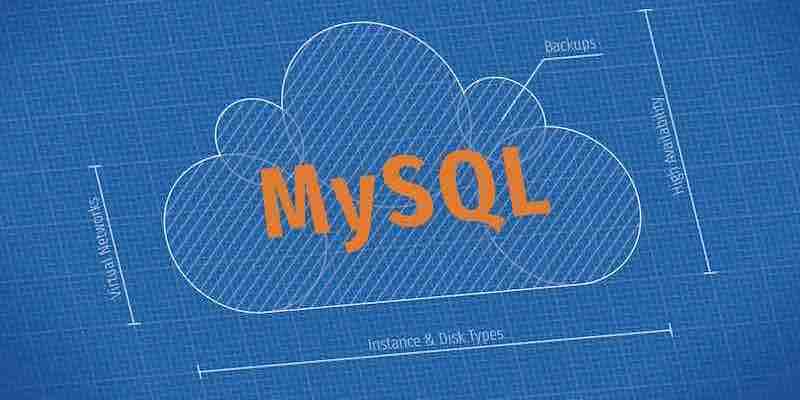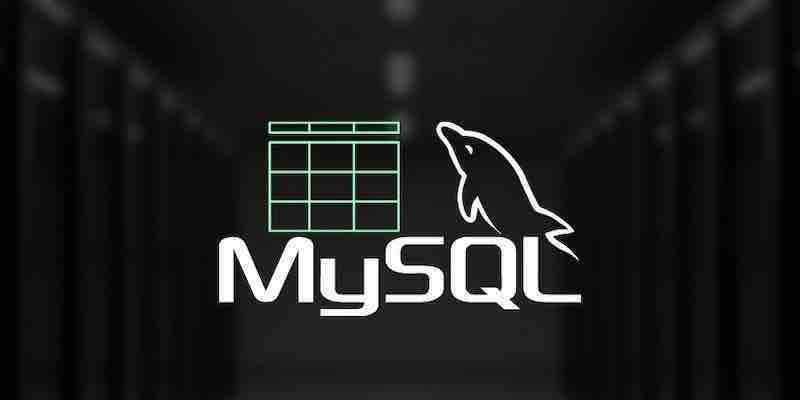MySQL sorgularınız yavaş mı çalışıyor? Sorgularınızda indeks kullanmanıza rağmen hala verimsizlik mi var? Cevap, belki de “Cardinality” adı verilen ama sıkça göz ardı edilen bir metriktedir. MySQL’de indeks performansını anlamak için kullanılan bu değer, doğru kullanıldığında sorgularınızı uçuşa geçirebilir. Cardinality Nedir? MySQL’de Cardinality, bir indeks içinde yer alan benzersiz (unique) değerlerin tahmini […]
Devamını Oku
The Internet of Things (IoT) has grown from an exciting concept to a paradigm-changing how individuals and businesses operate in the 21st Century. It is based on connecting IP-capable devices so they can communicate in various ways. They range from automated industrial assembly lines to intelligent appliances that promise to make life […]
Devamını Oku
In the realm of databases, especially in MySQL, indexes play a pivotal role in enhancing the performance of search queries. Much like the index of a book that helps you quickly locate specific content, a database index allows the database system to fetch the desired data without scanning the entire […]
Devamını Oku
Automation in software development promises efficiency and ease, but it’s not without its pitfalls. While the dream of fully automated development is becoming more tangible, there are instances where automation can lead to more problems than solutions. This article delves into six key areas where automation might not live up […]
Devamını Oku
If you want to insert rows from a SELECT query into another table, ensuring that unique rows are inserted (based on the unique constraints of the target table), you can use the INSERT IGNORE statement. The INSERT IGNORE the command will insert rows from the SELECT query into the target […]
Devamını Oku
In MySQL, TINYINT is a data type used to store small integer values. Let’s delve into its specifics and see how it compares to other integer types: TINYINT Comparison with Other Integer Types: Key Differences: When designing a database schema, choosing the appropriate integer type based on the expected range […]
Devamını Oku
In MySQL, there isn’t a native BOOLEAN data type. However, BOOLEAN it is an alias for TINYINT(1). When you define a column of type BOOLEAN, MySQL internally creates it as a TINYINT(1) column. In this context: For example, the following two table definitions are equivalent: When you insert values into […]
Devamını Oku
In MySQL, to create a column that is both AUTO_INCREMENT a PRIMARY KEY, you typically use it with integer types such as INT or BIGINT. The AUTO_INCREMENT attribute automatically generates a unique value for each new record, incrementing by one (or another specified value). The PRIMARY KEY constraint uniquely identifies […]
Devamını Oku
MySQL provides several functions to round numbers. Here are the primary rounding functions: ROUND(): This is the most commonly used rounding function. It rounds the number to the nearest whole number or the specified number of decimal places. CEIL() or CEILING(): These functions return the smallest integer value greater than […]
Devamını Oku
To calculate the smallest common multiple (often referred to as the Least Common Multiple or LCM) of two numbers in MySQL, you can use the formula: [ \text{LCM}(a, b) = \frac{|a \times b|}{\text{GCD}(a, b)} ] Where GCD is the Greatest Common Divisor of the two numbers. MySQL doesn’t have a […]
Devamını Oku









